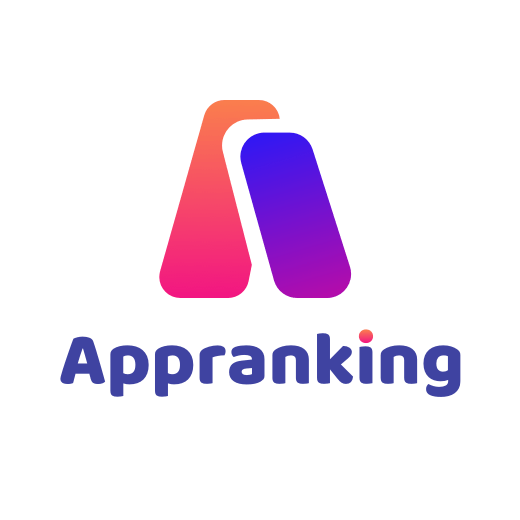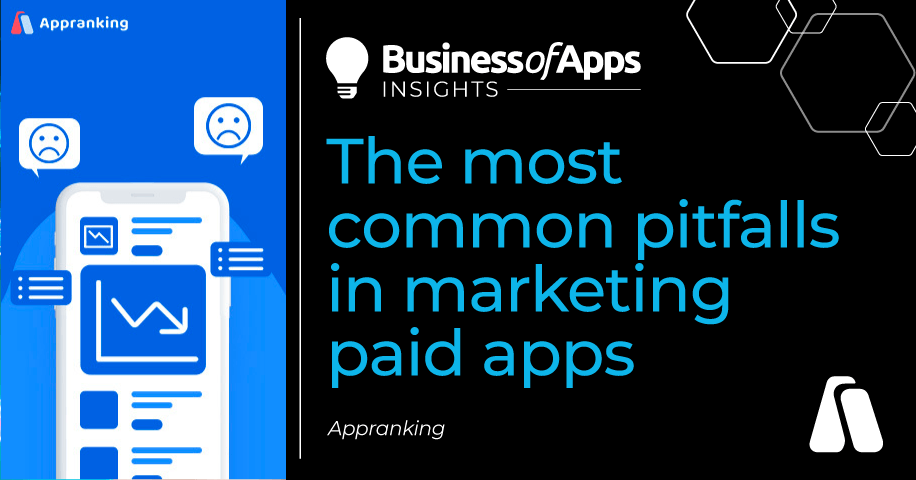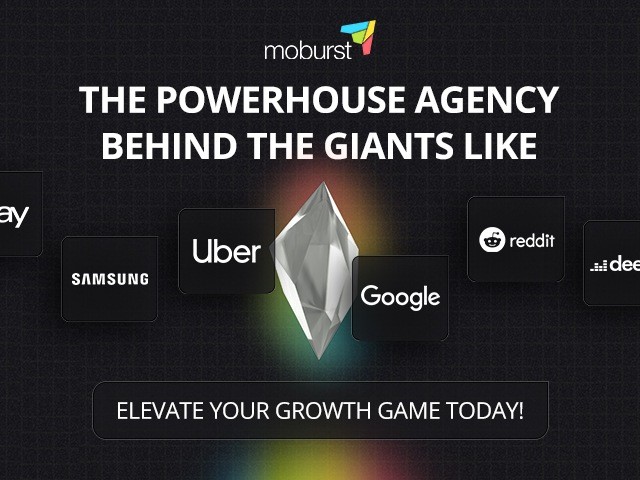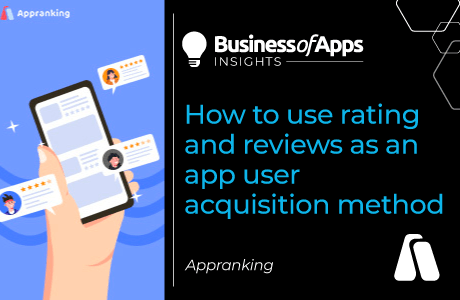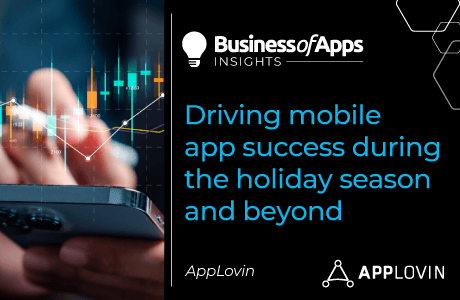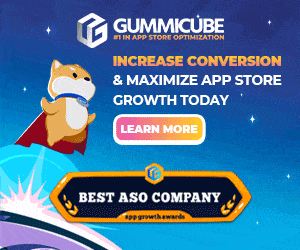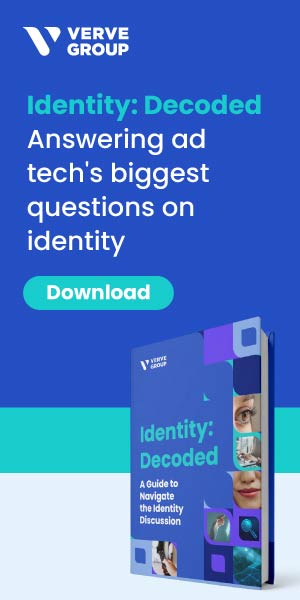By avoiding these pitfalls and adopting a strong marketing strategy, you can increase your app’s visibility and drive downloads, ultimately achieving your goals as an app owner.
Over 4 million apps are available to download across Apple’s App Store and Google’s Play Store combined. It’s almost impossible for a new app to cut through the clutter and capture users’ attention, making effective marketing crucial for any app owner. But in a market where users are accustomed to free apps and may be reluctant to spend more money after purchasing an expensive smartphone, getting users to pay for your app can be a tough sell.
This post was first published on appranking.com.
To make your app stand out and convince users that it’s worth paying for, your marketing strategy needs to be nothing short of amazing. After all, first impressions matter and a poorly executed marketing campaign could be the difference between success and failure. That’s why it’s important to learn from the mistakes of others, and in this article, we’re going to explore the top four mistakes that app marketers commonly make when launching paid ad campaigns.
By avoiding these pitfalls and adopting a strong marketing strategy, you can increase your app’s visibility and drive downloads, ultimately achieving your goals as an app owner.
Not thinking about paid advertising
In a market saturated with countless apps, relying solely on the quality of your app to attract organic users is no longer sufficient. Paid acquisition is becoming increasingly important, as even a small budget can help your app reach a larger audience.
However, some app owners make the mistake of neglecting paid advertising due to concerns over additional expenses after investing heavily in app development. But the truth is that paid advertising can guarantee visibility and reach, which can greatly improve your chances of success in reaching your target audience and driving sales conversions.
Ignoring paid advertising completely is a missed opportunity to gain traction and get your app in front of more people. So, consider including a well-planned paid advertising strategy in your overall marketing plan to maximize your app’s potential and increase your chances of success in the competitive app market.
Ignoring App Store Optimization
Mobile marketers often overlook the power of search as a tool to drive app downloads and sales. With a well-planned App Store Optimization (ASO) strategy, you can optimize your app’s visibility on the app store’s search results page, potentially pushing it to the top of the rankings.
ASO enables users to easily find your app by optimizing key elements like the name, title, keywords, description, subtitle, number of downloads, and ratings and reviews. By paying attention to these details, your app can climb higher up the app store rankings, increasing your visibility and download rate.
Not offering free options
Offering a free premium version of a paid app can be a valuable marketing strategy that can attract potential users. Providing a free premium version of your app allows potential users to try out your app and get a taste of its features and functionality. This can increase the likelihood of them downloading the full paid version.
Also, by offering a free premium version, you can increase the visibility and awareness of your brand among potential users. This can help build a loyal user base and increase word-of-mouth referrals.
When users enjoy the free premium version of your app, they may be more inclined to purchase the full paid version to unlock additional features or access more content. So, making the app free or free with in-app purchases for a limited period may be the easiest way to get to the top.
Marketing goes beyond just getting users to download your app
It’s important to remember that many paid apps rely on subscriptions or in-app purchases, which means retaining customers is crucial for long-term success.
Unfortunately, many marketers focus solely on increasing downloads and overlook the value of retaining existing customers. To keep users engaged and interested in your app over time, it’s essential to use a variety of techniques, such as personalized push notifications.
Push notifications are an effective way to remind users to interact with your app. By tailoring the notifications to the user’s location, preferences, and behavior within the app, you can increase the chances of re-engaging them with your app.
Launching and marketing a paid app can be challenging. But by avoiding common mistakes and implementing effective retention strategies, you can significantly increase your app’s chances of success.


